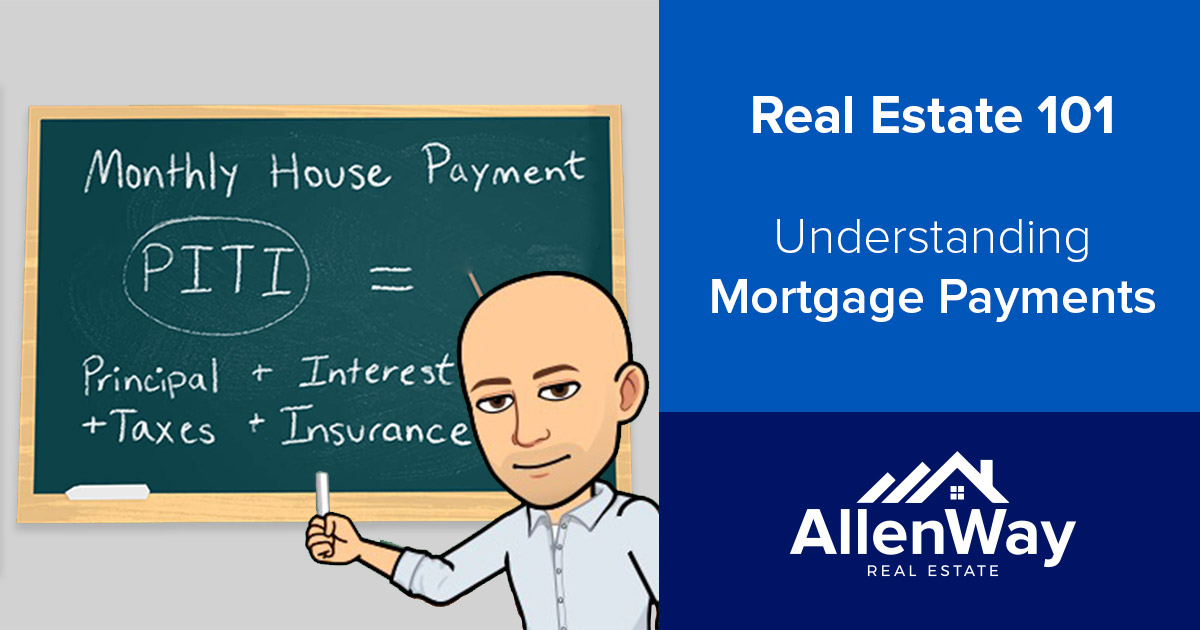
When selling homes, sellers and brokers have a certain obligation to disclose all material facts about a home. Most legal battles relate to people believing that a seller deliberately hid facts. Below are seller disclosure requirements for NC properties.
Why Must Sellers Disclose?
Being up front about all facts is vital. In minor cases. not divulging problems about a property can simply result in a home buyer requesting reimbursement for costs. In more dramatic cases. it may lead to personal injury. There was one case where a heating system issue led to the death of the home buyers and to the seller receiving a jail sentence for involuntary manslaughter. Sellers may assume that disclosing some information effects whether a property sells or the price for which it sells, but not being up-front about facts may lead to worse consequences.
How to Disclose
Sellers may use special forms for disclosing information on a home. It may also be included in Purchase and Sales agreements. Providing all issues, even repaired items, is the safest way to transfer real estate. Buyers will probably find them anyway during inspections, upon moving in. or from neighbors. Additionally, buyers commonly negotiate problems more aggressively after inspections than if disclosed before the offer. To help facilitate disclosure, keep documentation from purchases or contract work.
Seller Disclosure Requirements For NC Properties
Being up-front about known material facts of a home leads to a smoother sale and prevents lawsuits after closing. Sellers need not provide personal information such as the reasons for the sale. but must divulge everything in their knowledge about the property itself. This blog with seller disclosure requirements for NC properties was written by Jake Allen with AllenWay Real Estate and is meant as an introduction. For further guidance on listing a home, give me a ring! (704) 325-9590




